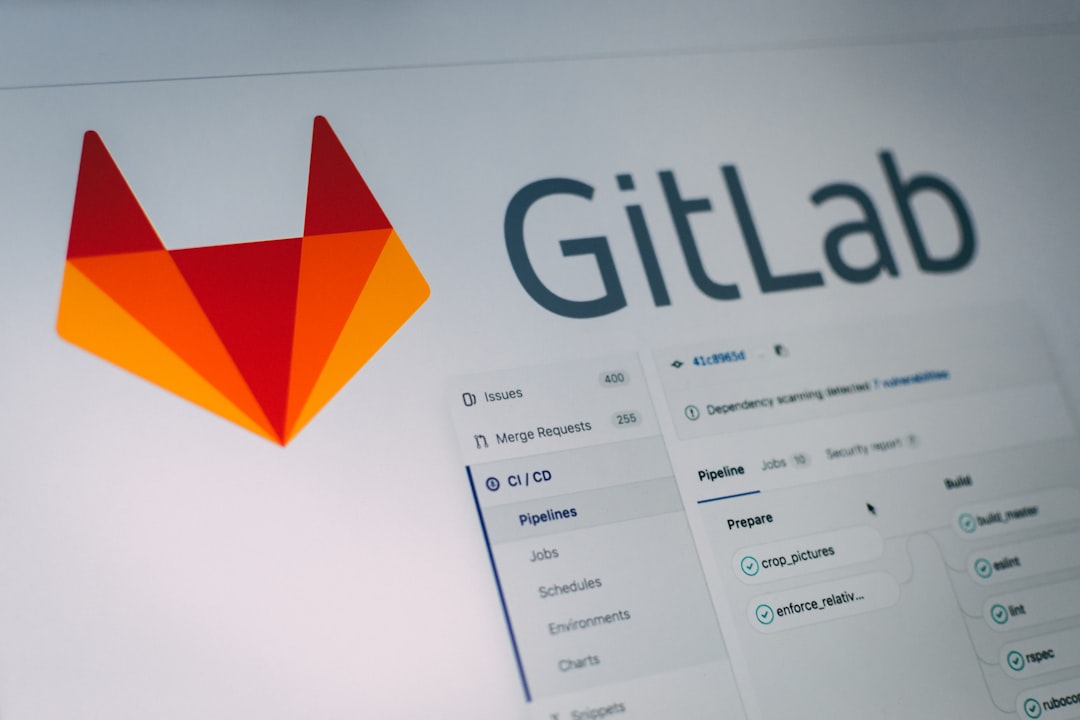What are the potential risks of relying too heavily on AI for coding
AI code generation tools have revolutionized software development by enhancing productivity and efficiency, but there are several risks associated with relying too heavily on these tools. Here are some of the key risks to consider:
1.
-
: Over-reliance on AI tools can lead to a decline in developers' ability to code independently and think creatively. This is particularly concerning for junior developers who may not yet have the confidence to challenge AI suggestions.
-
: AI tools are excellent at replicating existing solutions but struggle with creating novel approaches. This can limit the potential for innovative problem-solving in software development.
2.
-
: AI-generated code might not always be optimal or efficient, potentially leading to performance issues in critical environments.
-
: AI tools …















